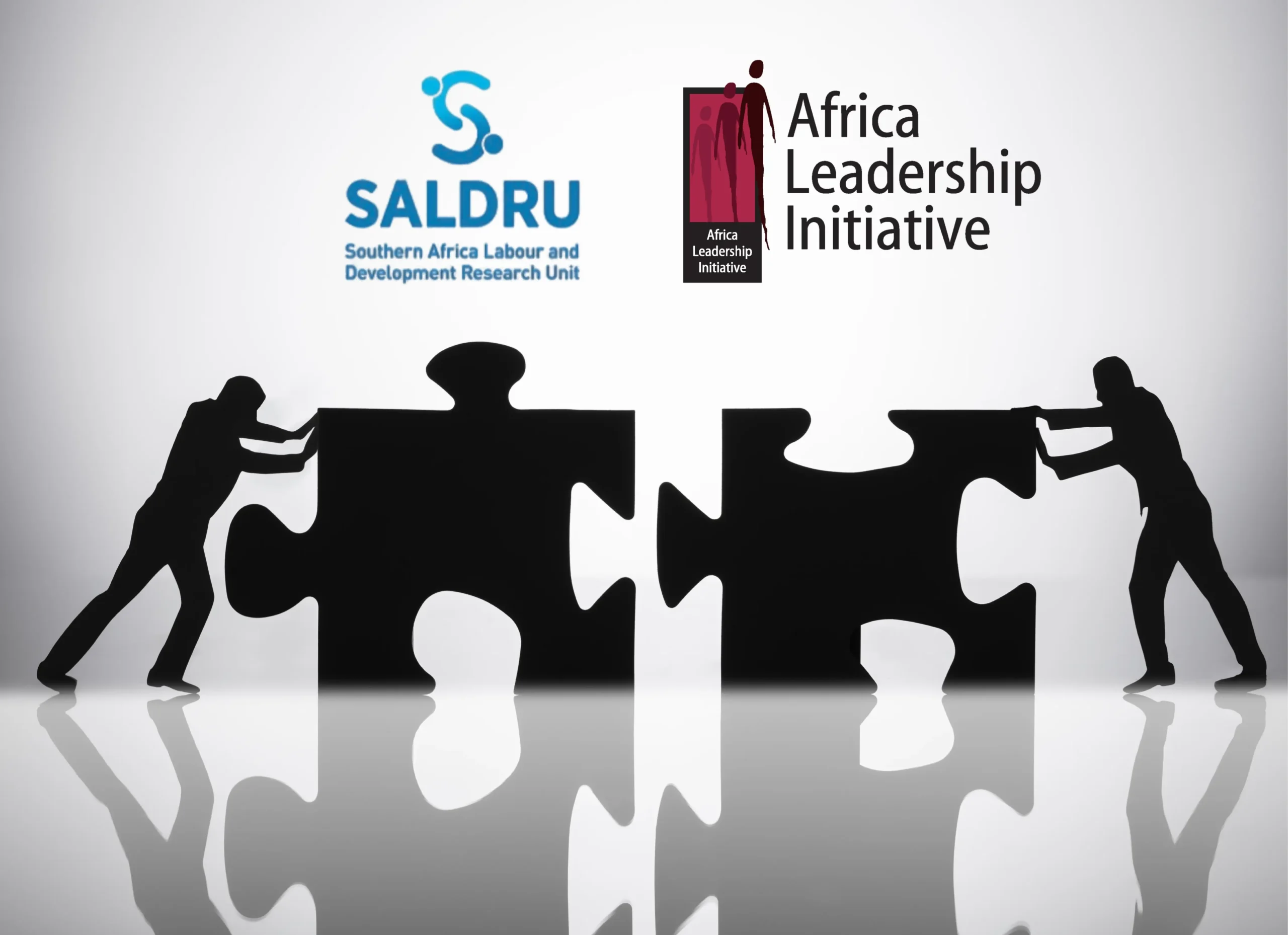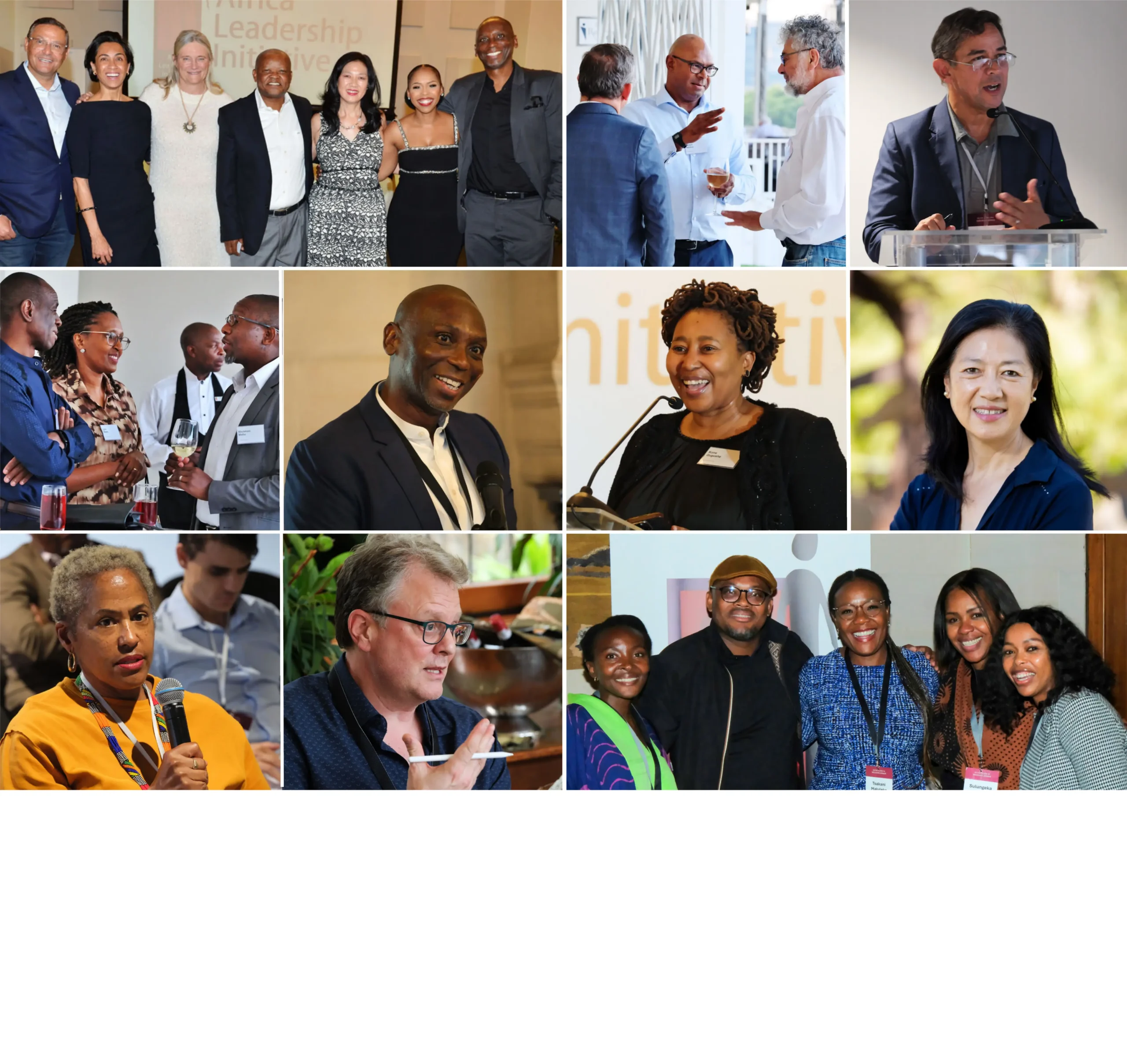
In the lead-up to SALDRU’s landmark conference: South Africa at 30 Years of Democracy, held in April 2025, a powerful partnership between the Southern Africa Labour and Development Research Unit (SALDRU) and the Africa Leadership Initiative South Africa (ALI-SA) catalysed a series of bold, high-level policy dialogues. Designed to challenge assumptions and forge new pathways, these engagements brought together leaders from multiple sectors to address some of South Africa’s most entrenched socio-economic obstacles.
This collaboration—blending SALDRU’s research rigour with ALI-SA’s values-based leadership platform—sought to spark not only insight, but action. Across three focused sessions between November 2024 and April 2025, the dialogues pushed participants to ask tough questions, challenge sacred cows, and imagine implementable reforms to rebuild trust, stimulate inclusion, and restore momentum in the economy.
“By creating a safe space for difficult conversations, the dialogue began to surface areas of consensus on the need for reform and experimentation—and reinforced the importance of values-based leadership in shaping South Africa’s future policy direction.”
First Policy Dialogue (November 2024): “What sacred policy cows need to be revisited to unlock South Africa’s potential?”
This inaugural workshop, held in Johannesburg in November 2024, served as a courageous opening salvo. Titled “What sacred policy cows need to be revisited to unlock South Africa’s potential?”, the dialogue brought together a select group of senior leaders from government, business, academia, labour and civil society.
Participants tackled thorny questions that often remain off-limits in public debate: Are existing approaches to labour market regulation still fit for purpose? Has the current structure of the welfare state maximised economic participation? Is South Africa’s fiscal framework too rigid to support inclusive growth?
The tone was frank, reflective, and forward-looking. By creating a safe space for difficult conversations, the dialogue began to surface areas of consensus on the need for reform and experimentation—and reinforced the importance of values-based leadership in shaping South Africa’s future policy direction.
Second Policy Dialogue (February 2025): “The Shadow Economy and Extortion in South Africa”
The second dialogue, also held in Johannesburg in February 2025, turned its attention to the shadow economy—and in particular, the rise of extortion as a barrier to inclusive economic development. Drawing on new research and community-level insights, the session illuminated how informal taxation, criminal syndicates, and coercive networks undermine the township economy, suppress entrepreneurship, and hollow out trust in the state.
Speakers ranged from public officials to crime analysts and stakeholders dealing with the results of criminal attacks. Together, they examined the blurred boundaries between informal enterprise, state failure, and criminal extraction. The discussion called for more responsive policing, smarter regulation of sectors where extortion has become pervasive, and renewed investment in community institutions.
One clear takeaway emerged: South Africa’s economic future cannot be built on foundations riddled with fear, coercion and illegality. Solutions must not only promote growth, but dismantle the power structures that siphon it away.
Third Policy Dialogue (April 2025): “Financial Inclusion and Economic Transformation”
Held at the South Africa at 30 Years of Democracy conference.
The third dialogue was convened as an official session at the South Africa at 30 Years of Democracy conference in April 2025. This time, the spotlight fell on the financial system and its capacity to enable—or inhibit—economic transformation.
The session unpacked the paradox of financial inclusion in South Africa: while formal access has expanded dramatically, genuine usage and economic impact remain shallow, particularly among low-income and informal workers.
Data from FinScope showed that many South Africans still withdraw all their wages or grants in cash, bypassing digital and savings systems. Structural issues—including over-indebtedness, limited SME credit, and the dominance of a few large banks—were identified as persistent blockages. The discussion called for a new generation of reforms: enabling tiered banking models, recognising informal financial practices, unlocking township property rights, and linking social protection to economic opportunity. Inclusion, the panel agreed, must move from access to empowerment.
Next Steps: Embedding Dialogue into Action
The SALDRU–ALI-SA partnership proved that deep, honest, cross-sectoral dialogue remains not only possible, but necessary. These three engagements demonstrated a new model: one that fuses evidence and lived experience, mobilises trust across boundaries, and surfaces practical solutions.
Looking ahead, ALI-SA will continue to convene diverse leaders through its Impact Leadership Dialogue series, with the goal of embedding the lessons learned into measurable, positive socio-economic outcomes. These future engagements will focus on translating ideas into action—shaping policy, guiding investment, and supporting implementation.
“The SALDRU–ALI-SA partnership proved that deep, honest, cross-sectoral dialogue remains not only possible, but necessary. These three engagements demonstrated a new model: one that fuses evidence and lived experience, mobilises trust across boundaries, and surfaces practical solutions.”
Lynette Chen, Executive Director of ALI SA said, “With momentum growing and networks strengthening, this partnership marks a hopeful step forward: a space where South Africa’s most difficult questions are not deferred, but faced—and where leadership means not having all the answers, but the courage to ask the right questions together.”









